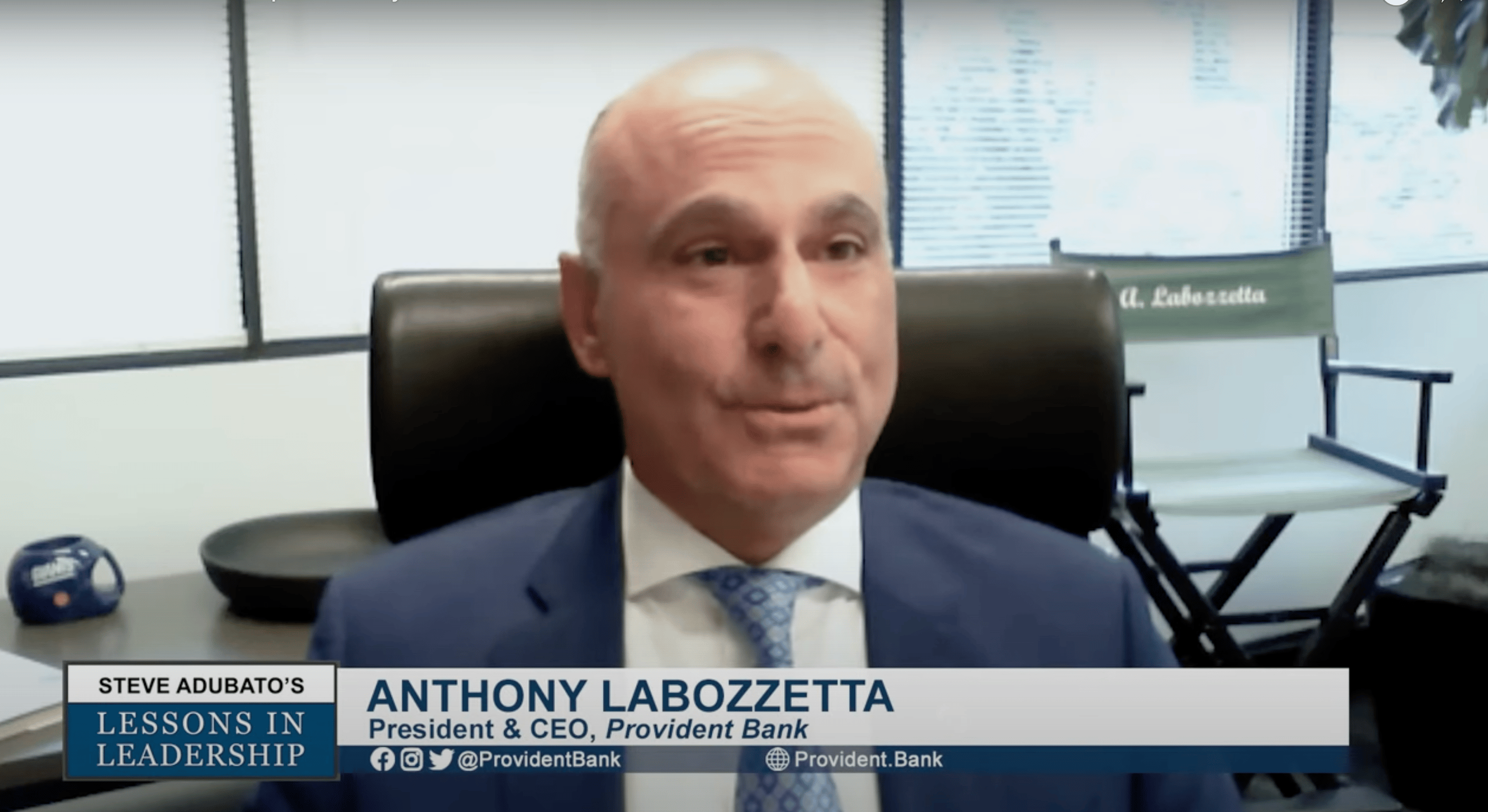
FDIC-Insured - Backed by the full faith and credit of the U.S. Government

FDIC-Insured - Backed by the full faith and credit of the U.S. Government
 VIEW ALL EDUCATION & INSIGHTS
VIEW ALL EDUCATION & INSIGHTS
December 11, 2015
It’s A Wonderful FDIC Life

We don’t know about you, but one of our absolute favorite things to do around the holidays is snuggle up (possibly in front of a fireplace, possibly with hot cocoa) and watch It’s a Wonderful Life. This movie is so delightful, so charming, so life-affirming—the kind of thing that warms you right down to your toes and makes you glow.
We decided we wanted to spread the It’s a Wonderful Life holiday spirit to our forum members this December by giving you some peace of mind. Even if the unimaginable happens, even if a bank fails, your funds will be protected by the Federal Deposit Insurance Corporation. Seriously. The FDIC has been around a long time; it was created during the Great Depression in 1933 and went into effect on January 1, 1934. But despite its importance and pedigree, do depositors really know much about it? Why was it created, what exactly does it cover, and, most importantly, what are its limitations?
We think it’s important to demystify this four-letter institution—because the first step to financial security and success is knowledge! These are the questions you should be asking:
When and why was the FDIC created?
It’s a Wonderful Life depicts just a fraction of the sheer panic that pervaded the nation after the stock market crash in 1929 and the desperate runs on banks that followed. Things came to such a perilous head, President Franklin D. Roosevelt declared a 6-day bank holiday on March 6, 1933. In his first fireside chat on March 12, he urged Americans to remain calm. “After all,” he said over the radio waves, “there is an element in the readjustment of our financial system more important than currency, more important than gold, and that is the confidence of the people.”
But the public was shaken. And despite the President’s and the Chairman of the Senate Banking Committee’s argument that a system of deposit insurance would undermine market discipline, be unnecessarily expensive, and unfairly subsidize poorly managed banks, the people urged Congress to protect bank depositors. Three months later Roosevelt signed the Banking Act of 1933 into Law and the Federal Deposit Insurance Corporation was born. The effects were immediate and profound. Consumers’ worries were assuaged and banking stabilized: only 9 banks failed in 1934 compared to more than 9,000 in the preceding 4 years.
What is deposit insurance?
According to its website, “The Federal Deposit Insurance Corporation is an independent agency of the United States government that protects the funds depositors place in banks and savings associations. FDIC insurance is backed by the full faith and credit of the United States government. Since the FDIC was established in 1933, no depositor has lost a penny of FDIC-insured funds. FDIC deposit insurance covers the depositors of a failed FDIC-insured bank dollar for dollar, including principal and any interest accrued through the date of the insured bank’s closing up to the insured limit.”
“Deposits maintained in different categories of legal ownership at the same bank can be separately insured. Therefore, it is possible to have deposits of more than $250,000 at one insured bank and still be fully insured.”
What does FDIC insurance cover?
FDIC insurance covers all deposit accounts including checking accounts, savings accounts, money market deposit accounts, negotiable order of withdrawal (NOW) accounts, time deposits such as CDs, or an official item issued by a bank, such as a cashier's check or money order. Account ownership categories comprise:
-
Single Account: A deposit account owned by one person without named beneficiaries.
-
Certain Retirement Account: A retirement account in which plan participants have the right to direct how the money is invested.
-
Joint Account: A deposit account owned by two or more people without named beneficiaries.
-
Revocable Trust Account: A deposit account owned by one or more people that identifies one or more beneficiaries who will receive the deposits upon the death of the owner(s). This includes both formal “Living” trusts and informal ITF/POD accounts.
-
Irrevocable Trust Account: A deposit account held in connection with an irrevocable trust established by statute or a written agreement.
-
Employee Benefit Plan Account: A deposit of a pension plan, defined benefit plan, or other employee benefit plan that isn’t self directed.
-
Corporation, Partnership, or Unincorporated Association Account: This includes for profit and not-for-profit organizations.
-
Government Account: Covers deposit accounts owned by the U.S., including federal agencies; any state, country, or municipality; the District of Columbia; Puerto Rico and other government possessions and territories; and Indian tribes.
What doesn’t FDIC insurance cover?
FDIC insurance does not cover:
-
Stock investments
-
Bond investments
-
Mutual funds
-
Life insurance policies
-
Annuities
-
Municipal securities
-
Safe deposit boxes or their contents
-
U.S. Treasury bills, bonds, or notes
How do I ensure my accounts are FDIC-insured?
You need not apply for deposit insurance because your funds are automatically insured when you open a deposit account at an FDIC-insured bank. Most institutions are insured by the FDIC, but if you’d like to double check, ask a bank representative, call the FDIC at 877-275-3342, or use the FDIC’s Bank Find Tool. To find out more about the coverage on your specific account, enter your information in the FDIC’s Electronic Deposit Insurance Estimator (EDIE).
Knowledge is Power
It’s important to know how your money is protected. Arm yourself with knowledge and take reassurance in the fact that we’ve got your back. Together, Provident Bank and the FDIC will give you the moon. To learn more, please visit www.fdic.gov.








 Views
Views


 Views
Views

 Go Back
Go Back











